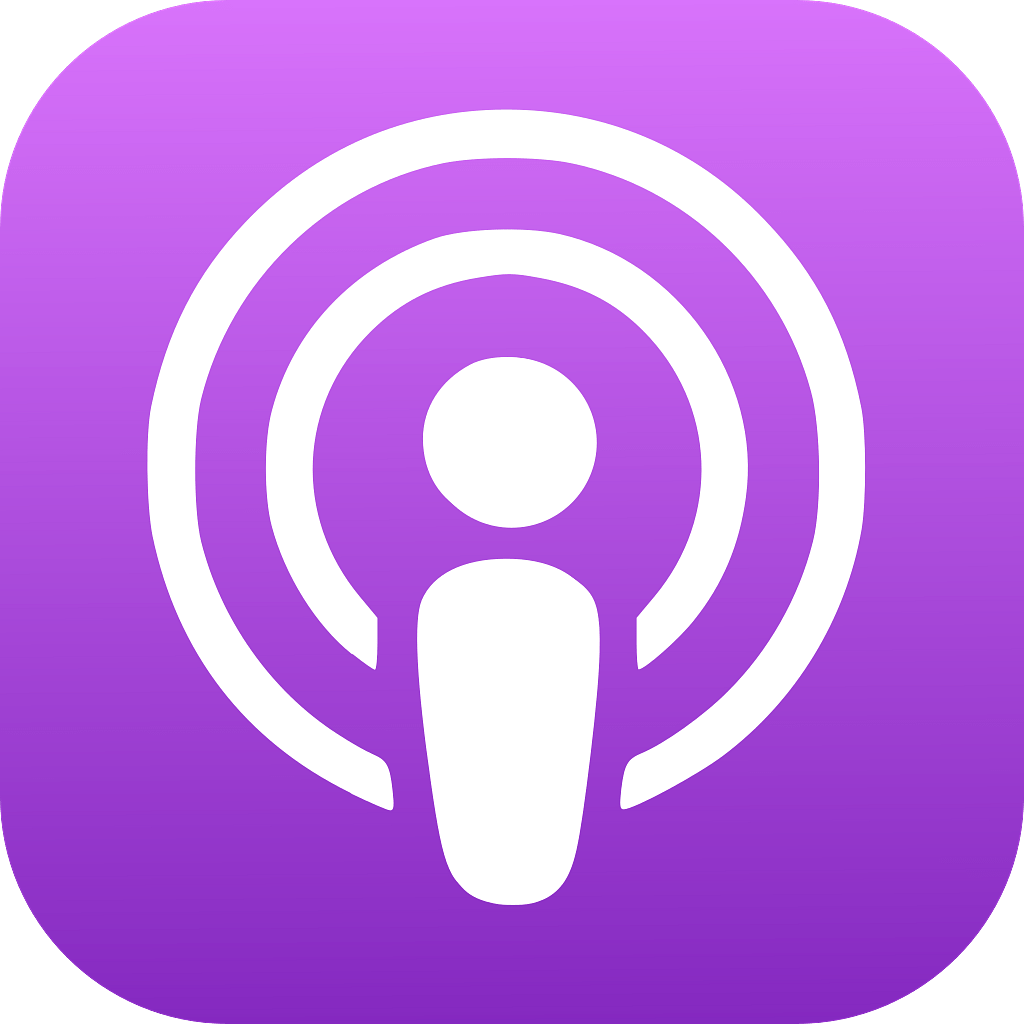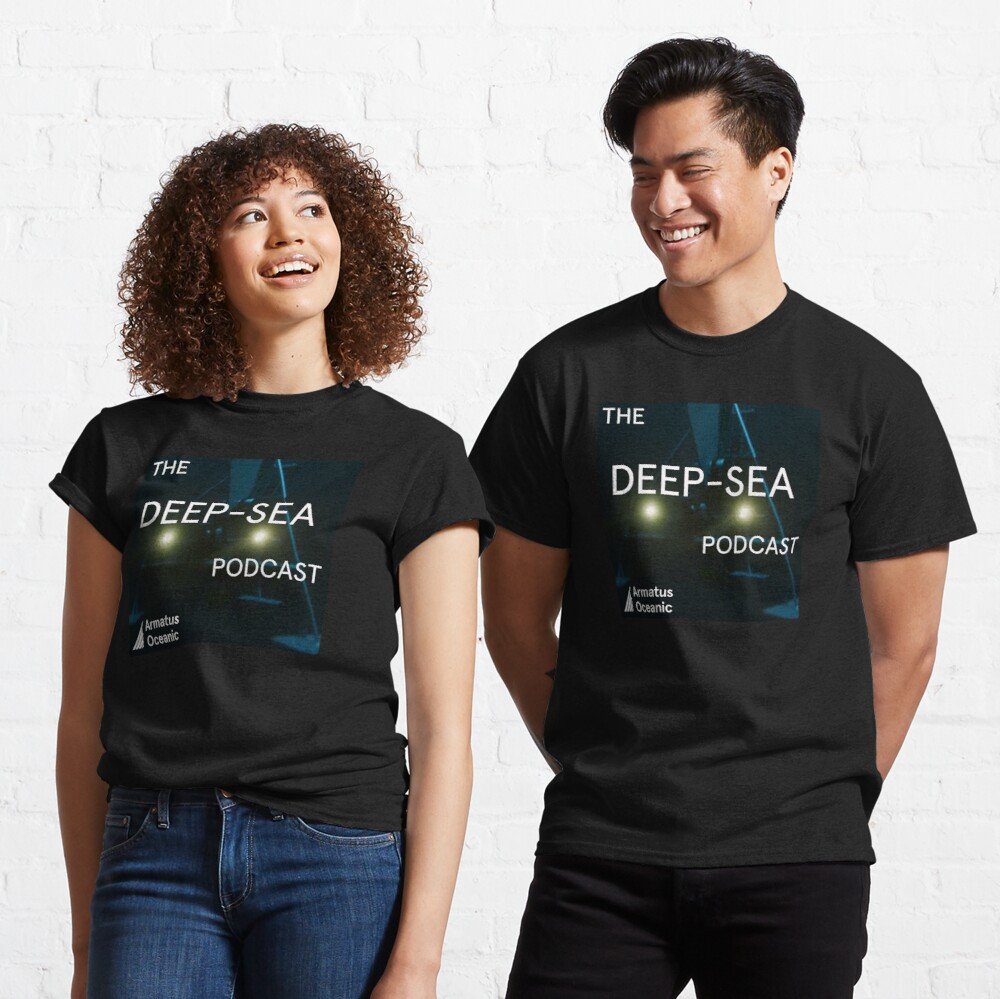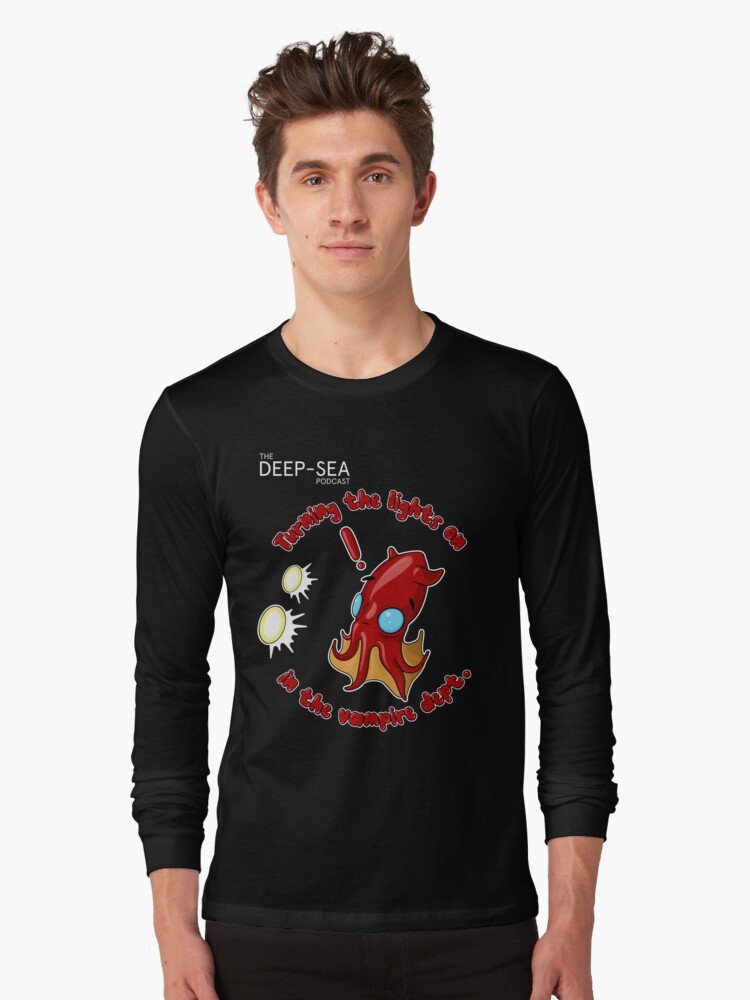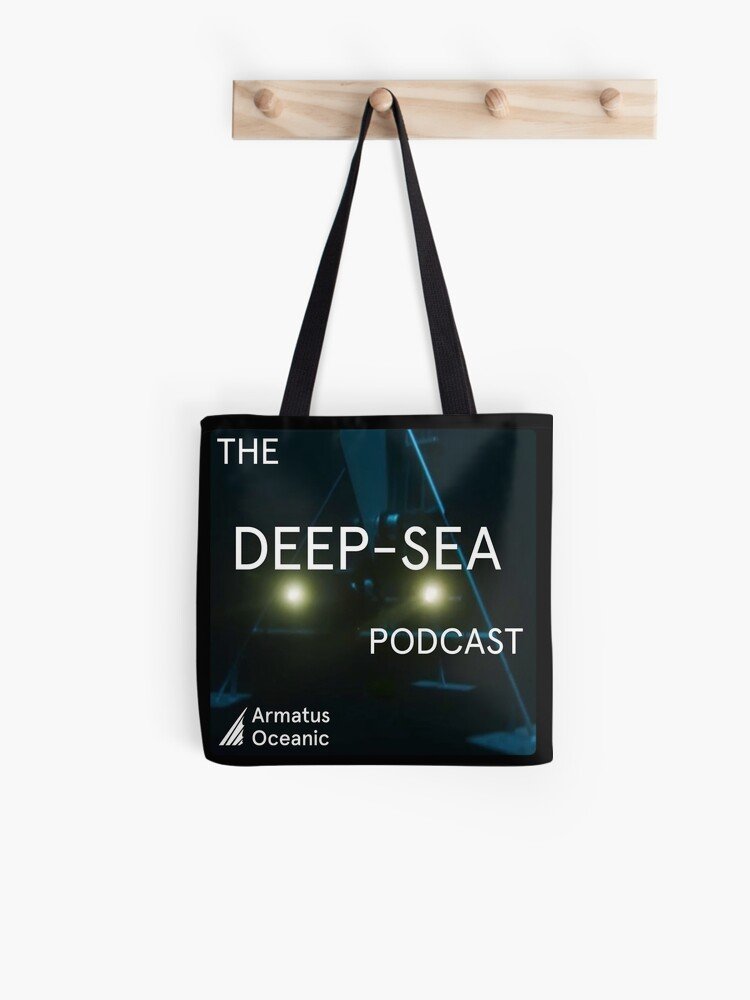LISTEN ON YOUR FAVOURITE PODCAST PLATFORM
OR LISTEN RIGHT HERE:
LISTEN TO THE FULL EPISODE
LISTEN TO THE SHORTER VERSION
With the Professor out at sea, Thom goes off the rails and finally gets his answers on cave biology. What are the similarities and differences between the deep-sea and cave ecosystems? How are the two ecosystems linked? Do we know more about the moon than cave biolo…. just kidding! We speak to the legendary Professor Thomas Iliffe, who has shaped the field of biospeleology (cave biology); discovering over 250 species, and 3 new orders (now you don’t hear that every day)! He talks us through the formation of these habitats, what dive surveys are really like, and how to discover the most fascinating of organisms. We also hear from Martin Pollizotto, a listener (and expert cave diver) on bioluminescence in cave systems (or a lack thereof).
We had a lot of deep-sea news this month! New species are being discovered, Alvin is back in the water breaking previous depth records, we have new tech AND some interstellar news! We announce yet another exciting spin-off, The Deco-Stop, where we plan on chatting to guests about the more human side of science. We heard from listeners that they are fascinated by scientists as people and the stories they have to tell, so we’re excited to open up the space to talk about scientists as individuals, and the topics where science interacts with human issues.
Some of the pigment less deep-sea fishes that got Thom thinking about cave animals.
Check out our podcast merch! Please do send in any pics of you wearing the merch.
Feel free to get in touch with us with questions or you own comments on:
podcast@armatusoceanic.com
We’d love to actually play your voice so feel free to record a short audio note!
We are also on
Twitter: @DeepSeaPod, @ArmatusO
Facebook:DeepSeaPodcast, ArmatusOceanic
Instagram: @deepsea_podcast, @armatusoceanic
Keep up with the team on social media
Twitter: Alan - @Hadalbloke, Thom - @ThomLinley, Georgia - @geeinthesea
Instagram: Georgia - @geeinthesea
Links
Tom’s work in TV
Netflix Alien Worlds, Episode 1 (Atlas)
National Geographic Drain the Bermuda Triangle (starting @ 19:40)
Christmas Island Cave Diving Expedition
Tom’s Published Research
2021. Bermuda’s Walsingham Caves: A Global Hotspot for Anchialine Stygobionts, Diversity 13(8), 352; https://doi.org/10.3390/d13080352
2021. Monsters in the dark: systematics and biogeography of the stygobitic genus Godzillius (Crustacea: Remipedia) from the Lucayan Archipelago, European Journal of Taxonomy, 751(1), 115-139; https://doi.org/10.5852/ejt.2021.751.1383
2020. Anchialine biodiversity in the Turks and Caicos Islands: New discoveries and current faunal composition, International Journal of Speleology, 49(2):71-86; https://digitalcommons.usf.edu/ijs/vol49/iss2/1/
2019. Development of anchialine cave habitats and karst subterranean estuaries since the last ice age, Scientific Reports 9:11907; https://www.nature.com/articles/s41598-019-48058-8
California Dreamin’ - The Mamas & The Papas
Calcified deep sea infauna can be imaged with 3D acoustic coring system
New species of deep sea isopod discovered
Researchers discover up to 39 new species
Equipment rescue reveals the biggest avalanche ever recorded on earth.
Alvin is back in the water after it’s refit
New area of hydrothermal vents found off of the coast of Mexico
Scientists start the search for an interstellar meteor at the bottom of the ocean
Theme – Hadal Zone Express by Märvel
Logo image - Credit to Thomas Iliffe
Glossary
Anchialine - Meaning “near the sea” in Greek, an anchialine pool is a landlocked body of water connected to the ocean via underground caves.
Blind cave fish - fish found living in deep caves with no eyes and usually no pigment.
Cenote - An underground cave system in Mexico.
Epigenetics - the study of how your behaviours and environment can affect the way your genes work.
Halocline - A vertical zone in the water column where the salinity changes rapidly from less saline to more saline (in caves this means the more dense salt water sits below the less dense fresher water).
Hermaphroditic - Possessing both male and female reproductive organs.
Order - (taxonomy) a way of giving organising species with other closely related species.
Remipede - A class of blind crustaceans found in marine caves.
Yucatan – A region of Mexico famous for its cenotes.
